Comic books allow us to enter into the world of superheroes who have incredible abilities, yet face very human struggles.
But what happens when this world is turned into a movie featuring mostly white male superheroes?
Marvel Cinematic Universe (MCU) and DC Extended Universe (DCEU) are the titans of the superhero genre, yet they’ve largely missed the mark in featuring viable indigenous characters. With dozens of indigenous comic book characters—from Black Crow to Shaman to Puma—continuously ignored, I’ve often wondered why a comic book writer hasn’t drawn inspiration from indigenous stories and legends?
Why hasn’t a movie studio taken a closer look at the indigenous population, and come up with stories that can both entertain and reflect the indigenous experience?
Why has no one made an indigenous superhero movie?
Why we need an indigenous superhero movie
The stories are out there waiting to be told, and most importantly, the indigenous community has a wealth of fantastic actors willing to step into these superhero roles. Indigenous heroes should be multidimensional—people who are relatable but can also channel the indigenous struggle and experience.
Writers, directors, and producers need to realize that indigenous actors can do more than epic period pieces from the 1800s. They want to be challenged as they bring these stories to life. Representation for Native people matters—especially for children who don’t get to see many faces on the big screen that resemble their own.
By and large, indigenous comic book characters have fallen flat and verged on stereotypical—failing to truly capture the Native experience.
MCU and DCEU indigenous characters
Recently, MCU and DCEU teased their fanbases with indigenous characters that could have bigger roles in future films.
For instance, Gene Brave Rock, from the Blood Tribe, which is part of the Blackfeet Confederacy, brought the character Napi to life in “Wonder Woman” (DCEU). The character comes across as kind-hearted, but also as a capable, intelligent member of the team.
The MCU has also included some indigenous characters who will be featured in the Disney+ series, “Hawkeye.” Alaqua Cox from the Menomine tribe will play Echo (a.k.a. Maya Lopez), an indigenous teen superhero who can mimic her opponents’ moves. But she’ll also be representing the deaf community, being one of the few characters to use American Sign Language.
Zahn McClarnon from the Hunkpapa Lakota tribe, meanwhile, will be playing William Lopez, known as Willie “Crazy Horse” Lincoln in the comics.
Furthermore, Marvel will introduce Red Wolf in his own book called “Werewolf by Night,” created by Nathan Edmondson and Jeffrey Veregge, who is a member of the Port Gamble S’Klallam Tribe based in Kingston, Washington.
Representation matters
These characters will mark a major turning point, much the way Marvel’s “Black Panther” did for the African-American community. The power of representation in a superhero film is seeing someone strong and capable who looks like you and realizing that you too can embody those qualities and more.
It’s also possible that, through this representation, serious issues that face indigenous communities can be brought to the forefront of public consciousness and addressed once and for all they way they ought to be.
As more indigenous writers, producers, artists, and actors are given opportunities to grow, they can change the stereotypes of what a superhero looks like and even what it means to be a superhero. These characters wouldn’t have to dodge the complexities of race, culture, and identity. Instead, they could capably address these issues in real time.
Capturing the perspective of indigenous voices could transcend the superhero genre. And the impact an indigenous superhero movie could have on the next generation is bigger than we may know.
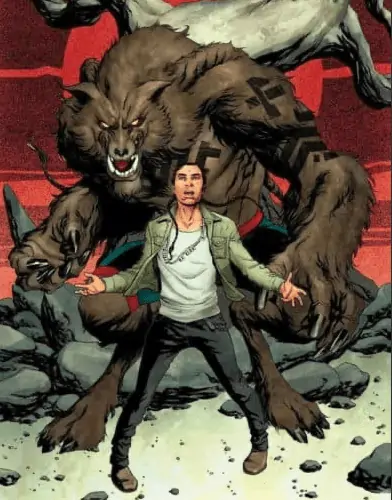
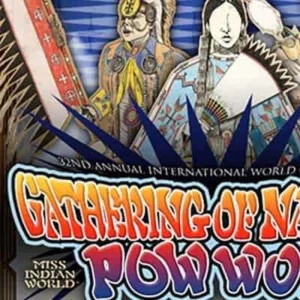
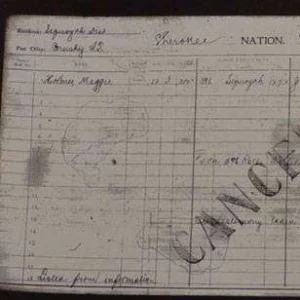
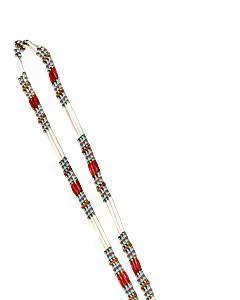
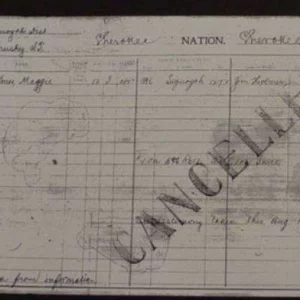
Bill Cardinal
says:Came across your article and totally agree that the representation of first nation people should be increased in the public eye. Hollywood has dropped the ball terribly and writers for movies and sitcoms should really be ashamed. I am so fed up with it regarding native people playing native roles on TV.,..grrrrr I want to see native people playing …doctors, teachers, window washers….anything to get us into mainstream society pertaining to television….I tell this to my german wife daily… funny superheros come up…. I was so frustrated that i was thinking of writing my 28 year old first nation bodybuilder nephew for that specific role….but really does it take me to actually pick up the phone and talk to marvel to do this…are they not thinking of this at all….hmmm…what better than to have a role with Jackman as wolverine with a partner that can take on all of the powers of the animals ie… scent, vison, manipulate weather, etc..
Considering the wolverine came from BC Canada where we live…
I’m just terribly frusterated with Hollywood and televison…we are the most under represented race on the one thing that gets Canadian and American society to realize we do exist… yes TVVVVVVVVVVV
The big picture being letting the North American citizens understand the history North America has with First Nation people…. thanks
Maree Jackson
says:Dear Jeanette,
I came across your article by accident and found it very interesting regarding native american superheros. I am from the UK (Scotland) and I grew up watching a cartoon about a native american superhero. He was called Marshall Bravestarr. As far as i can remember and I loved it. He had super powers to call on the strength of the bear and ears of the hawk and eyes of the wolf and speed of the puma. He was a space cowboy. He was the main hero of the series not the supporter of another superhero. He was also very intelligent and into diplomacy and peace. He was very popular in the UK. I myself have grown up knowing about Native American culture because my dad was into cowboy and western movies as a kid but as a grown up he learned all about native american culture because as a shepherd who felt one with nature and animals and he himself he was drawn to a people who felt the earth in their bones and he felt how tragic it was that such a wonderful culture was being destroyed. My father’s dream when he retired was to vist the Native Tribes and Monument Valley but unfortunately he died many years ago of cancer. But he instilled in me a love of Native American culture.
Anyway incase you hadn’t heard of such a really cool character, I just wanted you to know about this one. I do agree that native american culture and legends would make an amazing superhero. But I totally loved Marshall Bravestarr as a kid.
Jeanette Centeno
says:Thank you for your feedback and I’m sorry to hear about your dad’s passing. Marshall Bravestarr sounds like a very cool character, although I’m not familiar with it.
Marie Mercado
says:Hello,
This feedback is in reference to the article by Jeannette Centeno. The article is amazing and also very timely as I am finishing up a fantasy novel geared toward a movie as we speak. The characters are actually mostly indigenous Americans except for the antagonists; however they are of a superhero/anthropomorphic genre. I descend from several different tribes as well as indigenous royalty from Canada and the border, and some of my tribes were known by other names as well, specifically Mi’kMaq, but no worries. The whole purpose for feedback is that I have only found Publishers in Canada (yet I live in the United States) that are willing to publish Indigenous authors with indigenous content. Do you have any ideas or leads as I do have a market book and am taking a course with a professional writer’s college? The market book does not specify anything for indigenous books, or authors whatsoever. It looks like we have been left out of that loop as well there’s always a hurdle, you know, but everyone else has a category of their own. Thank you for the article and be blessed and well. -Marie
Jeanette Centeno
says:Marie I wish you lots of luck! Sounds like a great concept. I’m not very familiar with current publishers but always read the fine print before you sign. Retain creative control over your content.
Zane
says:A’ho, may this message find you well..
I am of Cherokee decent, after a family elder provided the lineage trail, my siblings and we also followed his direction to the Northern Cherokee gathered band, in Missouri, where the Elected Chief Chief Grey Elk, who informed me that Tsalagi was the original name of the Cherokee. I know there’s some dissent among members, I’m concerned only with what is true, preserving culture, and honoring ancestry. Nice list, but might the correct name be mentioned also…? 🤲 ☮🌎
Jeanette Centeno
says:A’ho thank you for sharing the information with me. I hope all is well.